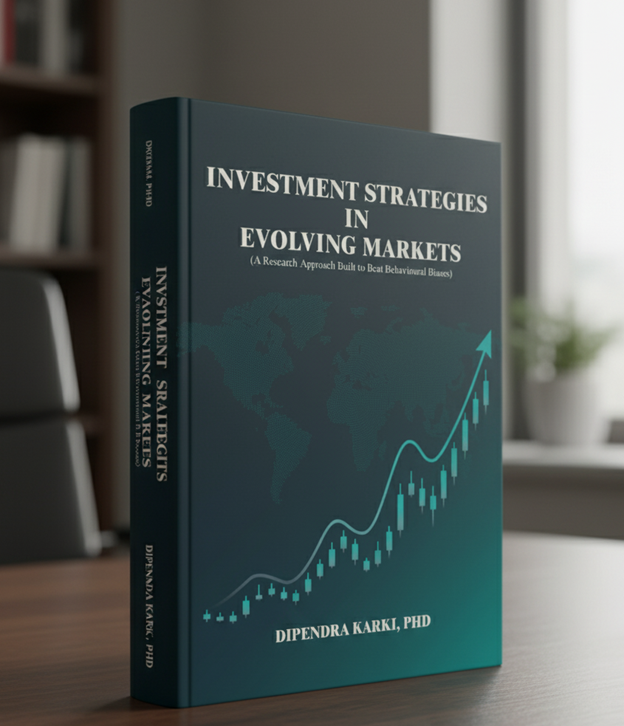In the realm of investment, where every decision carries the weight of uncertainty and the promise of reward, understanding market dynamics is paramount. In “Investment Strategies in Evolving Markets,” I have presented a research-based exploration that explores the dynamic world of momentum investing—a strategy that has withstood the test of time despite the longstanding debate surrounding the efficient market hypothesis (EMH).
The EMH posits that asset prices accurately represent all relevant information, rendering past price movements irrelevant to predicting future performance. Yet, a curious paradox persists in the form of momentum—the phenomenon where previous winners tend to keep going up. Historical evidence spanning over 200 years consistently challenges the tenets of the EMH. This enduring success of momentum strategies suggests that even in an environment where all information should be efficiently priced, certain behavioral biases and market imperfections allow past performance to offer valuable insights into future tendencies.
At the heart of this book lies an examination of these biases. Investors, influenced by ingrained psychological tendencies, often deviate from rational decision-making. For instance, while value investing is largely driven by an overreaction to negative news, momentum investing appears to thrive on an underreaction—or, as some argue, an overreaction—to positive news. This duality in investor behavior underscores the complexity of the market, revealing that what may initially seem like contradictory forces are complementary aspects of one another.
This book is both a journey and a challenge—a journey that began with a simple question: How do we harness the apparent persistence of momentum to create a robust, evidence-based investment strategy? And a challenge to the reader: to critically evaluate and contribute to the ongoing dialogue in investment research. Throughout these pages, I detail the multiyear research and rigorous analysis that culminated in the development of a quantitative momentum strategy, one that seeks to identify and invest in stocks demonstrating the highest quality momentum. This strategy is built on the premise that behavioral biases—rooted in human nature—will persist, and that even as market participants strive for efficiency, the interplay of short-term performance pressures with long-term investment fundamentals creates opportunities for disciplined, process-driven investors.
For investors in the Nepalese stock market, the implications of momentum strategies are particularly compelling. Nepal’s market, with its unique blend of traditional investment practices and a gradually modernizing financial ecosystem, offers fertile ground for the application of such research-driven methods. The challenges of information asymmetry and behavioral biases are not confined to any one region; they are universal. However, the local context—in terms of market structure, regulatory environment, and investor sentiment—adds layers of complexity and opportunity that merit special attention. This book not only adapts global research to our local realities but also invites local investors and researchers to engage in an iterative process of refinement, ensuring that strategies remain both relevant and resilient.
I have endeavored to maintain radical transparency throughout this work. Every assumption is laid bare, every analytical step is explained, and every conclusion is tied back to the core principles of behavioral finance. I encourage readers to go into these presumptions, analyze the evidence, and offer their perspectives. Such an approach is essential in a field where no strategy is ever “guaranteed” but where rigorous, evidence-based processes can consistently yield superior long-term outcomes.
Ultimately, “Investment Strategies in the Evolving Markets” is more than a book—it is a conversation. It is an invitation to join a community of thoughtful investors and researchers who are not content to accept the status quo but are driven to explore the depths of market behavior. I trust that this work will inspire you to think critically, act decisively, and, above all, invest wisely in an ever-evolving financial landscape.
Dipendra Karki, PhD

